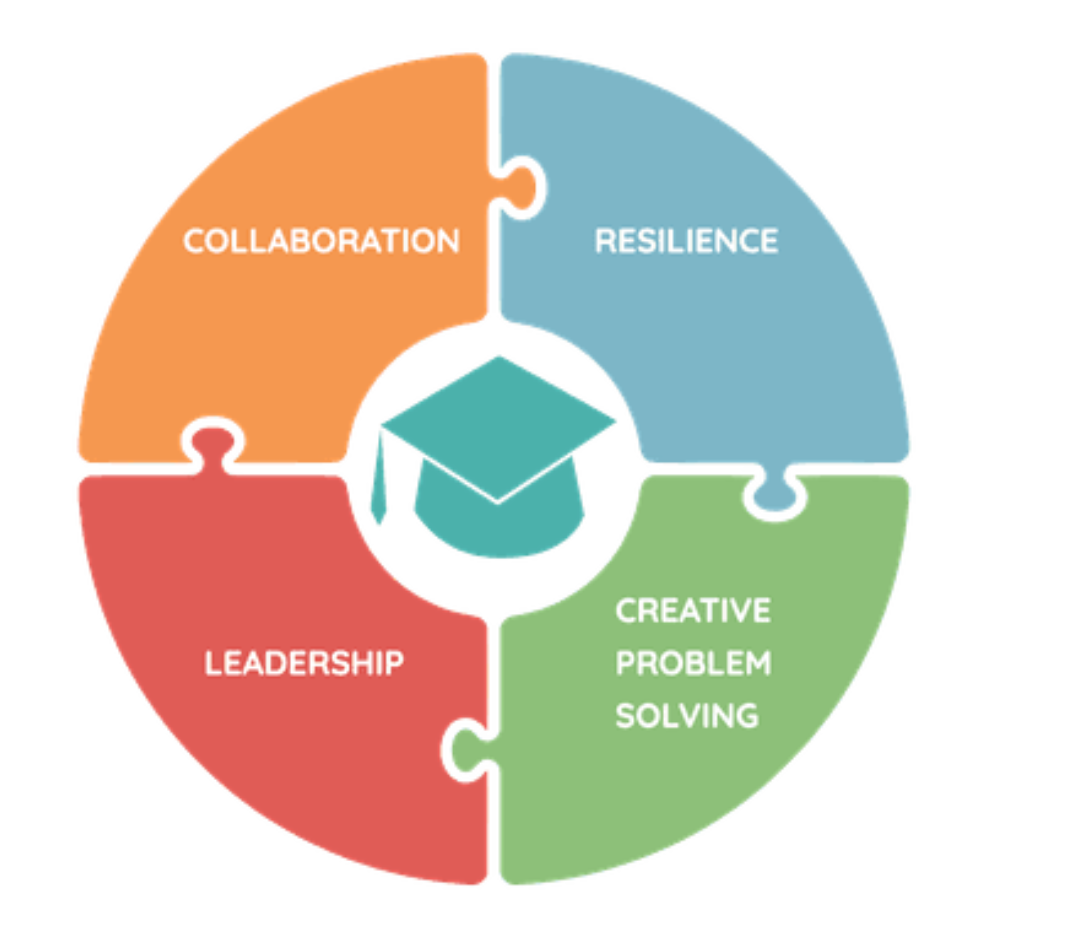
When we think of tutoring, it’s easy to picture textbooks, worksheets and academic goals. But as any experienced tutor knows, real progress often starts before the lesson begins; during the small talk, shared laughs and the quiet moments of connection.
Tutoring isn’t just about transferring knowledge. It’s about creating a space where students feel safe enough to say, “I don’t get it”. That kind of vulnerability doesn’t come automatically, it’s earned through trust. Trust is built through the human side of tutoring, showing up consistently, listening with empathy and caring about the student behind the homework.
I once worked with a student who rarely engaged in lessons. His marks were slipping and his confidence was low. But rather than push harder academically, I took a step back. I asked about his interests, remembered the names of his pets and gave him space to talk about his day. Over time, he opened up. Once we built that connection, his attitude shifted and so did his progress.
This isn’t just anecdotal, it’s supported by educational psychology. When students feel seen , respected, this increases their motivation levels. They’re more willing to take risks, make mistakes and keep trying and that’s where real learning happens.
It’s easy to get caught up in covering content, especially with tight schedules or exam pressure. But tutors know that the strongest foundation isn’t built with facts, but it’s built with trust.
So next time a session starts, don’t be afraid to ask how their weekend went or follow up on something personal they mentioned last time. These moments might seem small, but they’re what transform a tutor from a teacher into a mentor and a session from a task into a turning point.
Isabella Naumovski

